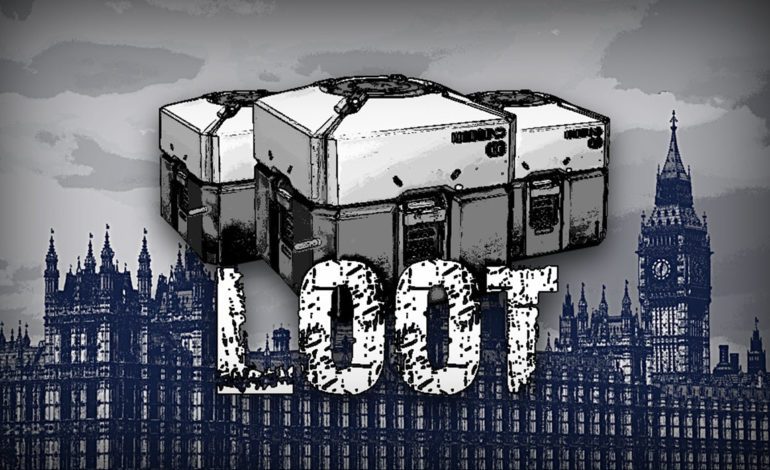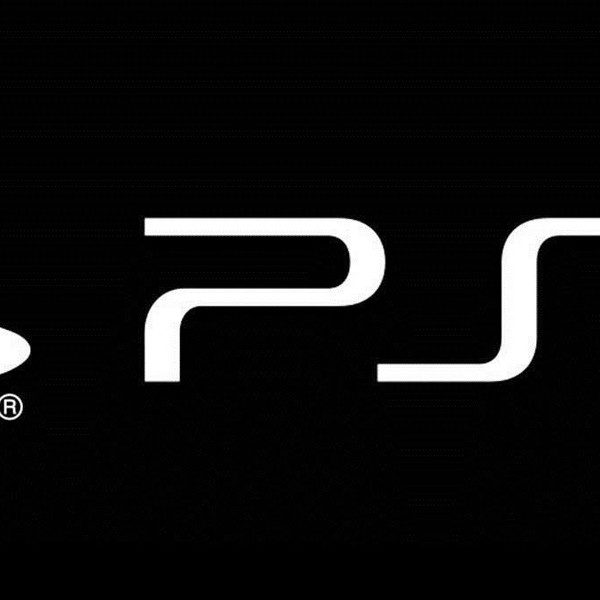

European and British trade association representing the interests of video game companies, The Independent Game Developers’ Association (TIGA), both responds and welcomes the report coming from the committee appointed by UK’s government to investigate video game addiction around loot boxes and other adverse effects. The investigative committee was specifically honing on the dangers the children would be exposed to. The investigative committee gave several recommendations to update TIGA and other video game entities such as the Brussels based PEGI, which is Europe’s rating board for games. DCMS’ Chief Scientific Advisor will be working with UKRI to further explore the depth and range of effects that extended video game exposure and the tactics being used to influence the players into taking certain actions.
TIGA will be providing more information on loot boxes in accordance with UK’s 2005 gambling act which encourages gambling takes place in a transparent and fair way as well as having safeguards for children. As the committee asks for more data to be collected on the effects of gambling and loot boxes has on players.
The committee recommends that the behavioral design code of practice for online services is created and properly defines designed addiction and excessive screen time in order to aid legislation in regulated online services. The last recommendation is for better guidelines and protections for the privacy and personal data of people playing online games, with the exception of data mining on registered children to protect them from obscenely grotesque and sexual materials.
TIGA openly endorsed these recommendations, of which the UK Parliament also agreed to as well, as they support TIGA’s five pillars for safeguarding players. The committee reconsidered PEGI’s update to the rating policy in April by mandating that video games with paid random items, should have the printed alongside the ratings as a step forward. TIGA and the committee endorsed PEGI’s decision to change the rating method as well, where a game that as simulated gambling, or randomized paid items would be rated PEGI 18 instead of PEGI 12. That policy should be fully rolled out in the summer of 2020.
The committee’s report acknowledges that Microsoft, Sony, and Nintendo will begin requiring publishers and developers to fully disclose the probabilities of getting certain items in randomized purchases, but recommends further parental control measures. They recommended that games should come with features that disable in-game purchases and add spending caps as protective safeguards for parents to use.
Play games, take surveys and take advantage of special offers to help support mxdwn. Every dollar helps keep the content you love coming every single day.


